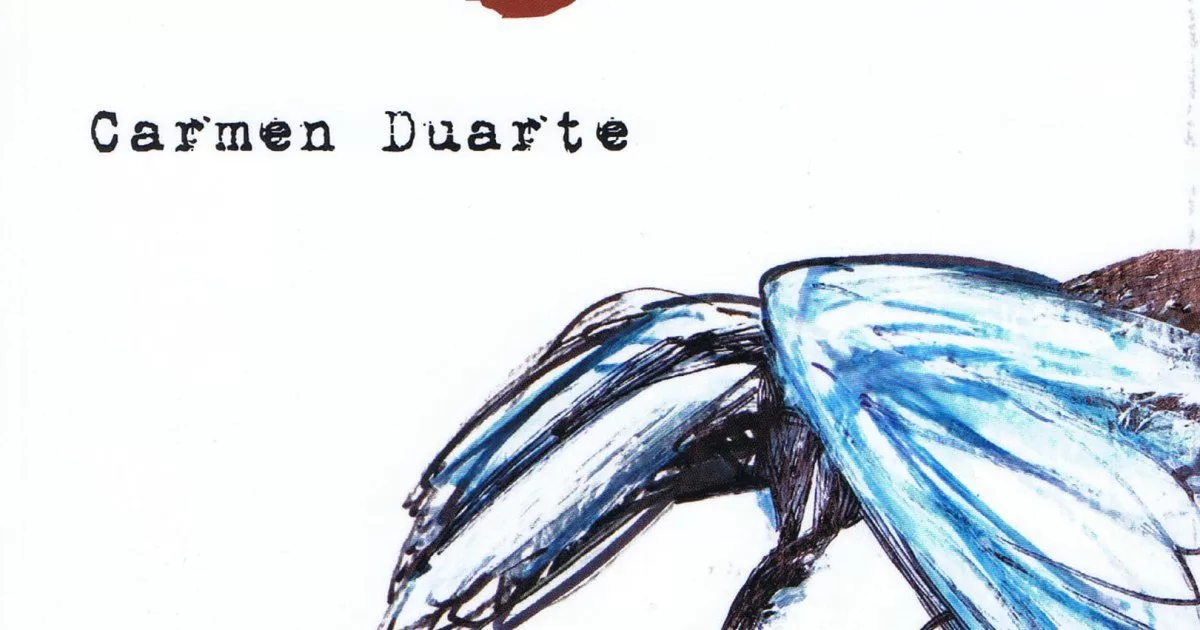MIAMI.- Quite little has been written about Cuba’s mercenary intervention in Angola between the years 1975-1991, perhaps one of the cruelest military adventures of Castroism, with thousands of Cuban casualties who were buried in Angola, to avoid the cost of transportation and the spectacle of the constant funerals of the internationalists, as they were called. to the Cuban occupation troops.
That is why a book like The ship that took us to the Angolan war (Aduana Vieja, 2022), by the playwright and narrator Carmen Duarte. A novel that runs like a story of love and survival, but that portrays the harshness of the military world, the combats and the physical and emotional damage that it represented for many.
The book takes place in two sections of 8 chapters each, The magician’s rabbit y End of illusionism. In the first, a singer is sent to the African country as part of an artistic brigade, to encourage the troops during the crossing of a Russian ship, supposedly for tourists, that left the port of Odessa and in Havana, a thousand soldiers boarded it. Cubans bound for Angola. It was a camouflage operation where the soldiers dressed as civilians to look like tourists.
The journey, which required a stop in Santa Cruz de Tenerife, serves to surface different situations, conflicts between the singer and the rest of the members of the musical group to which she belongs; She also describes her approach to a magician focused on entertaining soldiers, who becomes her assistant. The rest of the long trip across the Atlantic portrays Alicia’s struggle to overcome the abuse of the officers, who attempted to take sexual advantage of the women during the journey.
In this first part there is a ship’s diary that the protagonist writes, where she writes down the raw everyday life, but also, emotions and dreams: I would like to travel as a normal citizen, with a passport and money to pay for the procedures of life and the ticket. , like many adults in the world. But I live in a poor country, with a paranoid government, which has its inhabitants under control.
The first part is a preview of what will happen in the second section of the book, End of Illusionism, where the scenarios become crude, brutal, and corruption permeates the entire text.
In this second half of the book, Carmen Duarte introduces new protagonists and guides her novel through the eyes of the women who make up the female internationalist battalion, which, as she points out, never entered combat. The characters of Gisela, Niurka Maibely, Tania and Alina, have to endure the abuses of Colonel Ernesto Roldán and Captain Vladimir Ruiz.
The novel flows without adjectives, leaving it up to the reader to qualify. Even the language is so careful that the few bad words used are presented with the initial letter and ellipses. Even so, there are crude scenes, such as waking up naked next to the captain and another woman, as well as the death of a man, followed by moments of tension: The colonel picked up Tania and warned her: you didn’t see me shoot, and a few more paragraphs. ahead: Remember that I have those photos with Amelia, alluding to the bed scene, where she ended up drugged.
The ship that took us to the Angolan war It is a book about power, the abuse of power, but also about the injustices committed by Cuban troops in that war that left so many families in mourning.




